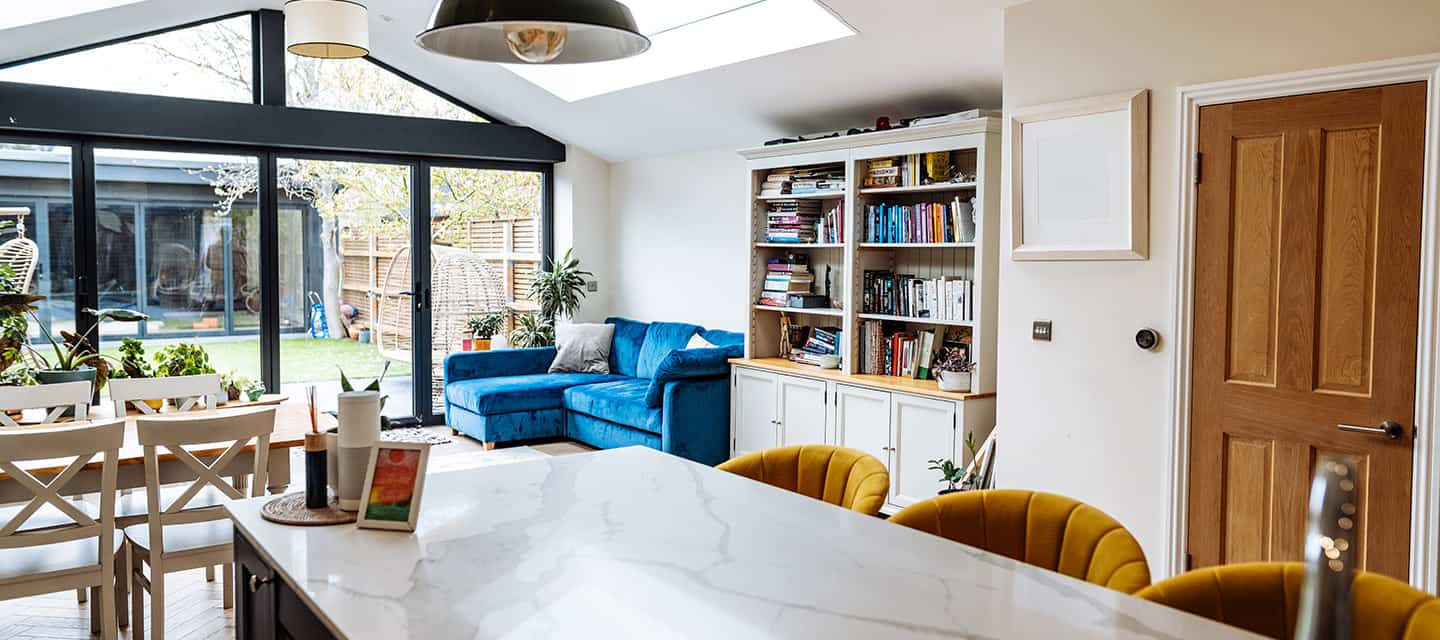
If you like going on holiday for extended periods, are working away from home for weeks at a time or are planning to have your property renovated, it’s really important that you understand how your house is covered when you’re not living there.
In some cases, you may be leaving your building and contents uninsured.
Your home becomes ‘unoccupied’ in the eyes of your insurer if nobody is living there for a set period of time. The length of this period can vary and will be specified in the terms of your insurance contract, usually within your policy booklet.
If you know the date you’ll be returning home (for example, at the end of a holiday), your insurer will set the terms and cost based on the duration of the unoccupancy.
However, without a known end date, the property may be considered permanently unoccupied.
Most insurance policies will cover your property while you’re away for things like holidays or work for up to either 30 or 60 days in a row with no additional terms or cost.
With Saga Home Insurance, for example, your house is covered in the same way as usual for up to 60 days in a row while you’re away. Check the terms of your particular policy to see how long your home can remain empty and still be fully insured.
Yes, you need to make sure your home is still covered if you’re not living there for more days than your policy allows, and there may be an additional cost for this.
You can’t get around this by having someone sleep over for a night or two in the middle of a period of unoccupancy because this isn’t the same as someone ‘living’ at the property.
You need unoccupied home insurance because an empty property represents a greater risk for an insurance provider. A burglary is the obvious one to consider, but there’s also the fact that incidents like escape of water can do a lot more damage over time in an unoccupied house.
This is because nobody is around to notice the leaking water and take steps like turning off the stopcock.
This varies depending on your type of policy and your provider. You may be asked to pay more for the same level of cover or offered reduced cover for the same price.
In some cases, your insurer may increase your excess. What’s almost certain is that they’ll ask you to make sure an empty property is checked regularly by a neighbour, friend or family member. In the winter months, you’ll also be required to leave the central heating on a low setting to reduce the risk of freezing pipes.
For a planned unoccupied period of 3, 6, 9 or even 12 months, you’ll pay more than you would for your standard home insurance because of the greater risk to the empty property.
Without the correct cover in place to protect against this increased risk, your claim could be declined if something goes wrong while you’re away.
Yes, in terms of your insurance an unoccupied property is different to a vacant property. A house that is vacant isn’t usually lived in at all and doesn’t contain any contents like furniture or personal belongings.
Vacant properties sometimes can’t be covered by standard home insurance policies and a specialist product may need to be arranged.
Check your policy documents so you are clear about how your insurer defines ‘unoccupied’ and remind yourself of the number of days you can be away from home without having to notify them.
Here are some of the circumstances in which you may need to arrange unoccupied home cover with your insurer:
If you’re moving between properties, here’s what you need to know about moving house insurance.
As well as ensuring your property is adequately insured, there are things you can do to prevent loss or damage while you’re away:
With Saga Home Insurance if you're away from your home for longer than 60 days – even if you have arranged a house sitter or pet sitter – you should contact us so we can keep your policy up to date and valid.
When you call, we’ll ask you the reason for unoccupancy, the start date, the end date (if known) and how often the empty property will be inspected and by whom.
There may be additional questions especially if you’re moving out of the property because of renovation work.
Once we know the circumstances surrounding your absence, we will let you know your options.
Please note that we may not be able to offer you the same level of cover you have when you’re living at home and that additional terms may apply.
At Saga it’s also important to let us know if you’re a landlord and the property you rent out becomes empty – for example, because the tenant has moved out and you don’t have another one ready to move in within 60 days. You can read our landlord insurance article for more about this.
Whether you're looking for straightforward insurance or cover that's packed with extras, our home insurance has plenty of options for people over 50.
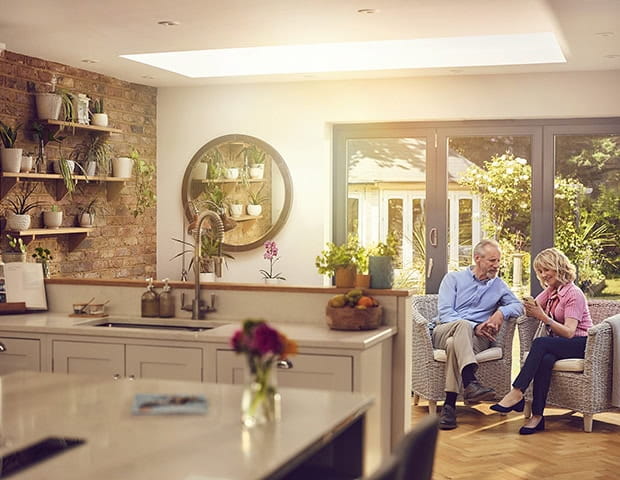

Choose our highest home cover level Saga Plus and freeze the price of your home insurance for 3 years if nothing changes. T&Cs apply.
There's plenty to explore and learn about our home insurance cover.

Contents insurance for renters to protect personal belongings. Get up to £100K contents cover available with three-year fixed price and no cancellation fee.

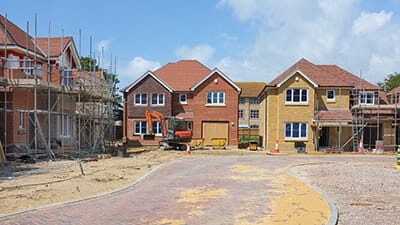
Get the full picture on how new build home insurance works when you buy a home.
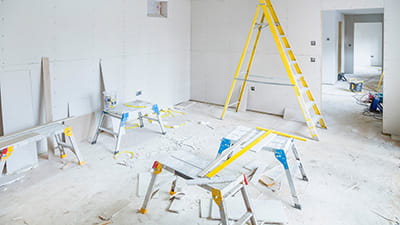
Whether you’re fitting a new kitchen, converting the loft or extending the house, keep your home protected at all times.
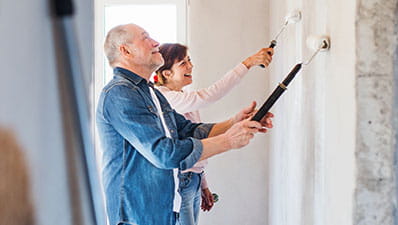
Use our seasonal home maintenance checklist to keep your home ship shape and avoid major costly repairs
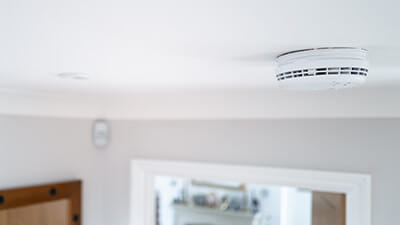
Read our home fire checklist and discover how to protect your home with the right insurance.
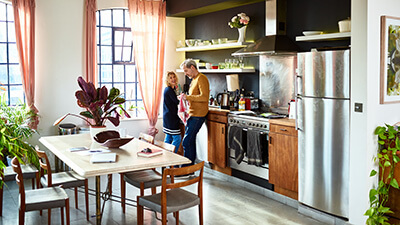
Do you need buildings insurance for a leasehold flat? We explain how flat insurance works.


Insure your holiday home for peace of mind that it’s protected, even when you’re not there.

Get to know the ins and outs of our home insurance and how you can make the most of your cover.
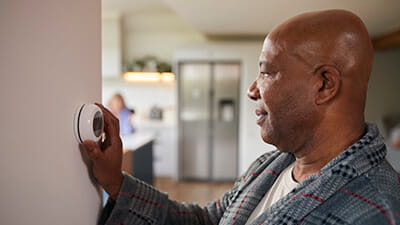
Guard against inconvenient and unexpected boiler failure with Saga Home & Heating Emergency cover and boiler service option.

Make sure you’ve got the right level of home insurance to cover damage caused by your pets.
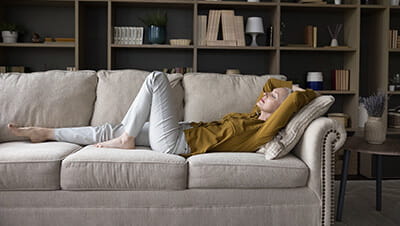
Take time to value all your possessions to ensure they’re fully covered.

Water can cause serious damage, but could insurance for plumbing and drainage save the day?
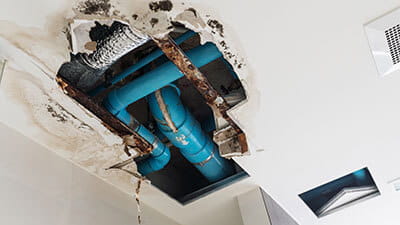
Limit the damage caused by water leaks and burst pipes in your home.